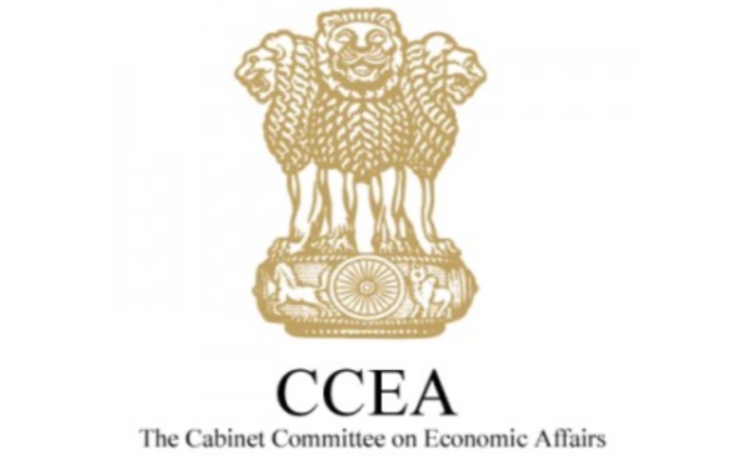New Delhi, Feb 28: The Cabinet Committee on Economic Affairs (CCEA) has approved the award of 31 contract areas as part of the Discovered Small Field (DSF) Bid Round 2016. These fields were offered under new policy for small fields known as Discovered Small Field (DSF) policy, 2015, which offers improved fiscal terms with the aim to enhance Oil and gas production and reducing import dependency of the country.
These fields were offered through an open and transparent international competitive bidding process. The bidding was open to all, including National Oil Companies (i.e. ONGC & OIL) and other central and state PSUs.
Currently, there are 03 operational Exploration Blocks (Approximately 1461 sqkms) under Production Sharing Contract System in Tamil Nadu where hydrocarbon exploration is going on. Under Nomination regime, 31 Mining leases (approximately 3500 sqkms) have been granted in the State from where 600 tonnes of Oil and 30 lakhs cubic meter of Natural Gas are produced per day. Till date, more than 700 wells have been drilled for extraction of Oil and Gas in the Tamil Nadu. These active operations are not hampering agriculture in nearby areas and do not pose any known environmental impact or health hazards on living beings of the operational area.
The two contract areas, Karaikal (10.4 Sqkm) located in Puducherry and Neduvasal (10.0 Sqkm) located in Tamil Nadu awarded under DSF bidding round have an in-place volume of 4,30,000 metric tonne of oil and oil equivalent gas.
In the past weeks, some concerns have been raised over the impact of E&P activities proposed to be undertaken in these oil and gas fields on agriculture & soil condition in the region, contamination of ground water table, effect of Methane generation, etc.
Extraction of Oil and Gas from sub-surface is a well-established practice and the E&P industry uses state-of-the-art technology for the operations and takes maximum care for environmental effects. The operators also get Environment Impact Assessment done before carrying out any drilling activities and other activities.
Process of drilling and production requires very limited surface land area (generally 120X120 square meter) which will not affect agriculture or the soil of the entire lease area. Additionally, operators are required to follow strict environmental norms for the use of operational land.
Oil and gas extraction are being carried out from deeper earth area (generally > 1000m), and thus doesn’t affect ground water aquifers which are located at much shallower levels. Hydrocarbon extraction method is being used worldwide which has not seen any direct impact to water resources of the mining area. Also, while drilling for oil & gas, cement casing is used; hence, there is no impact on groundwater as such. As the principal component of Natural Gas, Methane is being used as house hold fuel globally in the form of PNG.
Others concerns about adverse environmental impact on nearby areas and the people living there are also misplaced, as all petroleum operations require prior environmental clearances from Ministry of Environmental and Forest, wherein public hearing is an integral part of obtaining these clearances.
As per the contract terms, these fields are to be put on production within three years from the date of Mining Lease (ML). Hydrocarbon production from these fields will result in several economic benefits to state and its people in the form of royalty, VAT, additional employment generation and economic development of the state. As per estimates, the two contract areas are expected to generate gross revenue of INR 300 Crore, royalty to State Government of INR 40 Crore and additional employment for about 500 persons.
(Source: PIB)




























